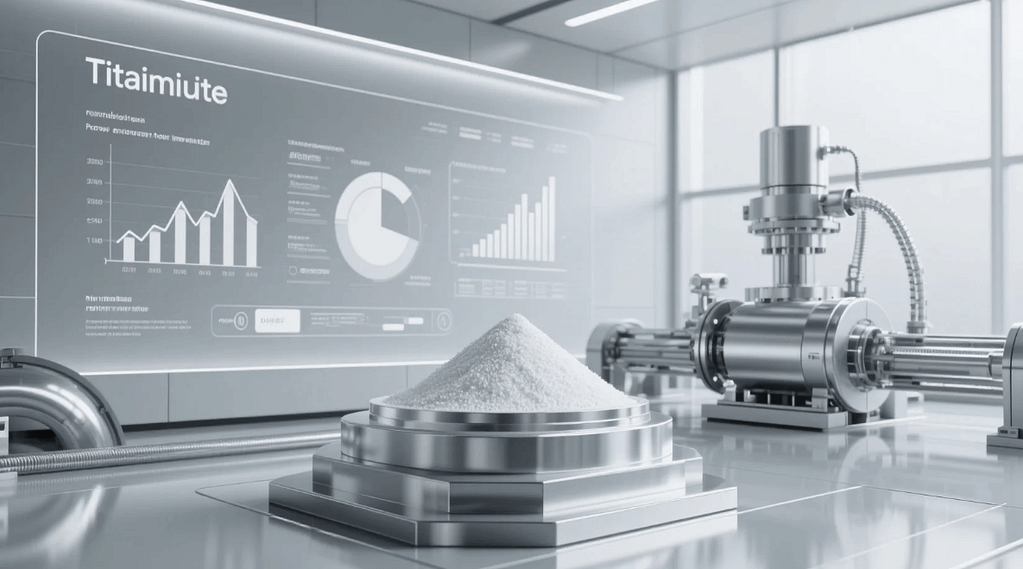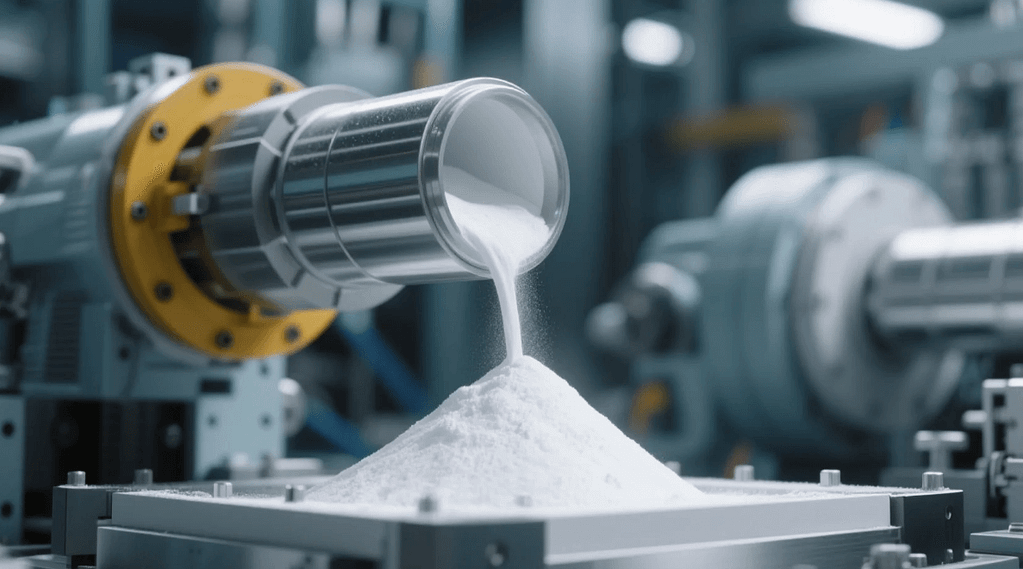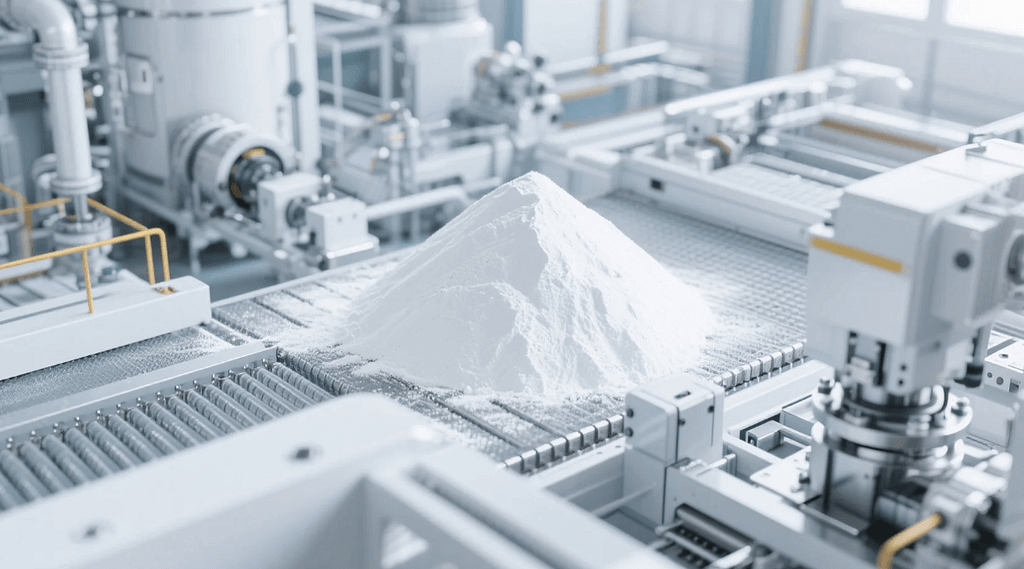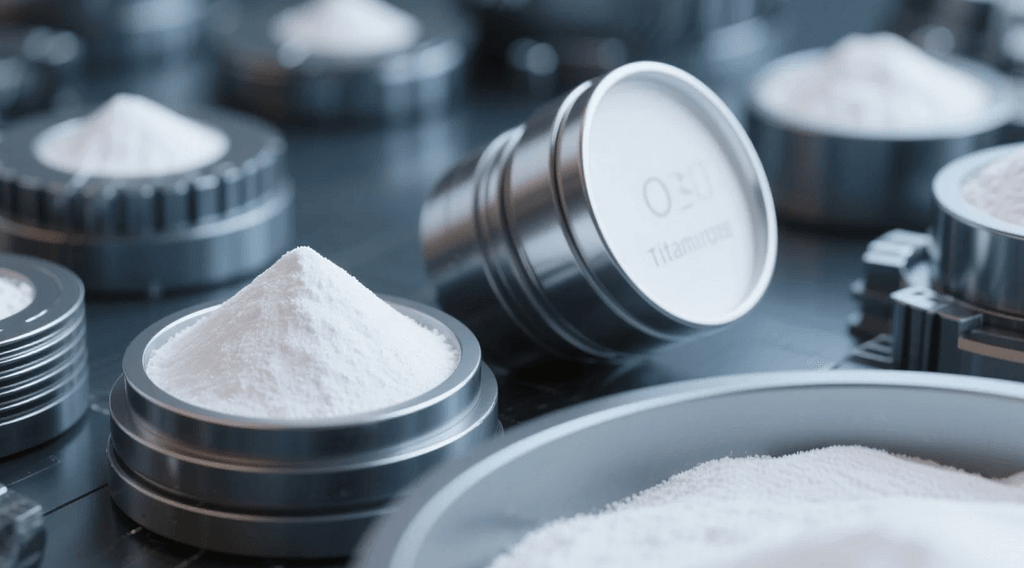Introduction: Why Titanium Dioxide Matters Today
In the rapidly evolving landscape of modern manufacturing, materials that deliver versatility, durability, and cost-efficiency are in high demand. Among them, what is the titanium dioxide stands out as a cornerstone compound. Widely used across sectors such as coatings, plastics, cosmetics, and industrial prototyping, titanium dioxide (TiO₂) offers impressive properties that support high-performance product development.
Defining What Is the Titanium Dioxide
To answer the fundamental question—what is the titanium dioxide? It is a naturally occurring oxide of titanium. White in pigment and chemically stable, TiO₂ is valued for its high refractive index, UV resistance, and opacity. These properties make it indispensable in both consumer and industrial applications.
Common Forms of Titanium Dioxide
- Rutile: Most commonly used in industrial manufacturing
- Anatase: Preferred in applications like cosmetics and photocatalysis
Industrial Applications of Titanium Dioxide

Titanium dioxide is critical in many industrial domains due to its adaptability and effectiveness.
1. Coatings and Paints
Used in everything from automotive finishes to architectural coatings, TiO₂ provides whiteness, brightness, and resistance to UV degradation.
2. Plastics and Polymers
Enhances opacity and mechanical properties in plastic goods, making them more durable and visually appealing.
3. Printing Inks
Acts as a white pigment and provides high print quality, especially in packaging.
4. Ceramics and Glass
Increases brightness and thermal stability, essential for advanced ceramics.
5. Industrial Prototyping
Emerging uses of titanium dioxide include additive manufacturing and rapid prototyping, where its thermal and optical properties are highly beneficial.
Advantages of Titanium Dioxide in Industrial Design

High Opacity & Color Retention
One of the most important features of what is the titanium dioxide is its excellent ability to scatter light, which ensures long-lasting brightness in applications.
UV Protection
Helps in protecting materials from photodegradation, extending their service life.
Chemical Inertness
Does not react with most chemicals, making it safe and stable in diverse environments.
Thermal Stability
Supports high-heat processes, especially in automotive and aerospace components.
Sustainability and Safety Considerations
While widely used, titanium dioxide is subject to regulatory scrutiny in some regions. Manufacturers are adopting best practices to ensure safe handling and environmental compliance.
Eco-Friendly Manufacturing
- Closed-loop production systems
- Minimal waste discharge
- Compliance with REACH and other international standards
Global Market Trends and Demand
The global market for titanium dioxide continues to grow, driven by increased demand in emerging economies and expansion in industries such as 3D printing and smart coatings.
Regional Highlights:
- Asia-Pacific: Leading producer and consumer, especially China
- Europe: Focus on regulatory compliance and high-quality output
- North America: Innovation-driven usage in electronics and aerospace
Titanium Dioxide in the Future of Manufacturing

As digital manufacturing evolves, what is the titanium dioxide will become even more relevant. In advanced prototyping and industrial 3D printing, its ability to withstand heat, light, and chemicals makes it ideal for new-age materials.
Choosing the Right Titanium Dioxide for Your Application
Selecting the appropriate grade of titanium dioxide depends on:
- Particle size
- Surface treatment
- Application-specific needs (e.g., indoor vs. outdoor use)
Industrial users should work closely with suppliers to ensure material compatibility and long-term performance.
Conclusion: Embracing Titanium Dioxide in Industrial Innovation
Understanding what is the titanium dioxide is essential for industries aiming to optimize performance, aesthetics, and longevity in their products. From paints to plastics and from ceramics to rapid prototyping, TiO₂ remains a powerful ally in modern engineering.
FAQs
1. Is titanium dioxide safe to use in manufacturing?
Yes. When used within regulated limits, it is safe and effective in industrial applications.
2. Can titanium dioxide be recycled?
Some closed-loop systems allow recovery and reuse in coatings and plastics.
3. How does it compare with other white pigments?
Its opacity and brightness outperform most alternatives, making it preferred globally.
4. Is it used in 3D printing?
Yes. It is increasingly applied in high-performance prototyping materials.
5. Are there any environmental concerns?
Like all industrial compounds, responsible sourcing and usage minimize environmental impact.
